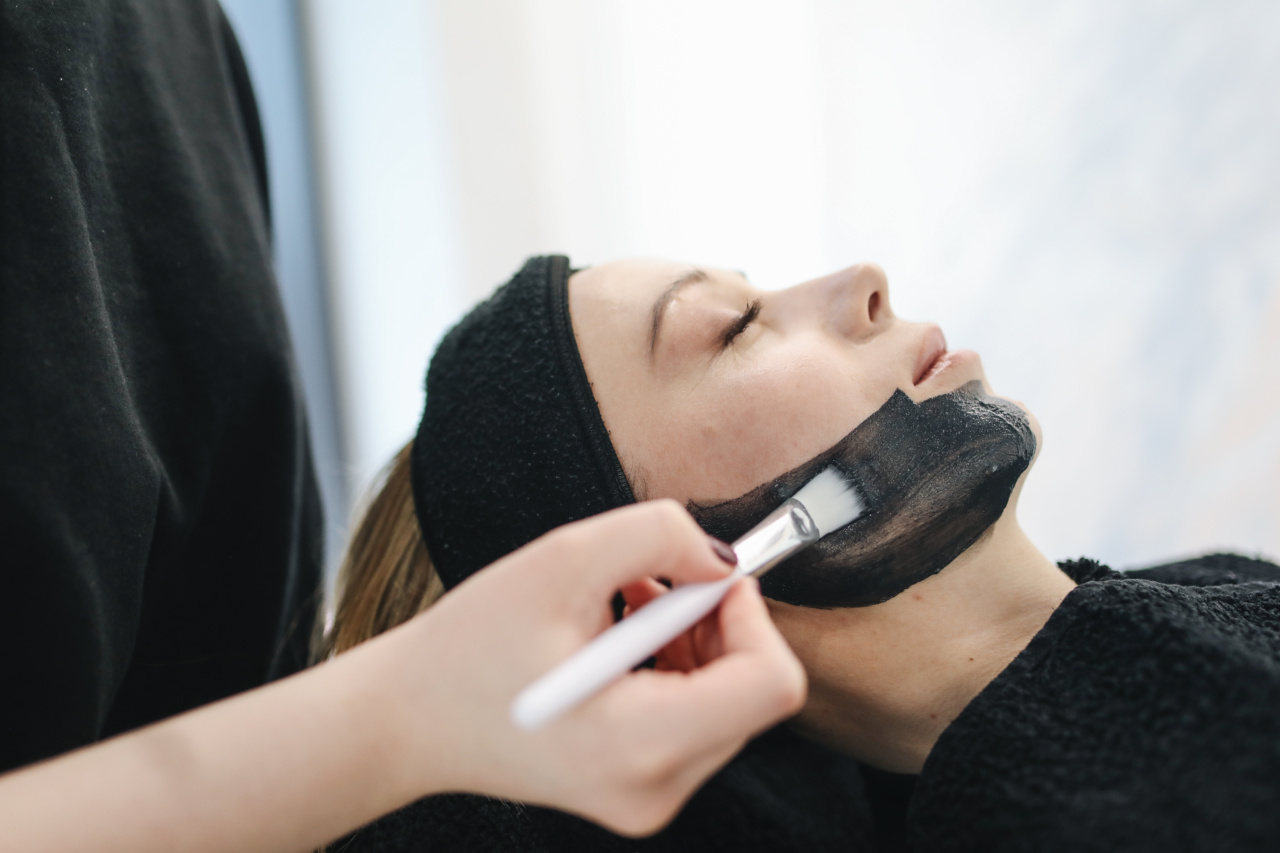When it comes to maintaining healthy skin, many individuals turn to their diet for solutions. A wide range of foods, including fruits, vegetables, and nuts, are touted for their ability to promote clear, radiant skin.
However, not all foods have such positive effects. In fact, some studies suggest that eating fish may actually put your skin in danger.
The Importance of Omega-3 Fatty Acids for Skin Health
Before diving into the potential risks of eating fish, it is important to understand why it is often lauded as a skin-friendly food.
Fish, especially fatty fish like salmon, mackerel, and sardines, are rich in omega-3 fatty acids – a type of fat that is crucial for maintaining healthy skin.
Omega-3 fatty acids play a vital role in keeping the outer layer of the skin strong, hydrated, and supple. They help regulate oil production, decrease inflammation, and protect the skin against damage from the sun’s harmful UV rays.
Consequently, incorporating omega-3 fatty acids into your diet can potentially improve the overall appearance and texture of your skin.
Mercury Contamination in Fish
While the omega-3 fatty acids found in fish offer benefits for the skin and overall health, there is a potential downside to consider – mercury contamination.
Mercury is a toxic heavy metal that is released into the environment through industrial processes and can accumulate in water bodies, leading to its presence in fish.
Large predatory fish at the top of the food chain, such as shark, swordfish, king mackerel, and tilefish, are more likely to have higher levels of mercury due to bioaccumulation.
Consuming fish contaminated with mercury can lead to adverse health effects, including damage to the nervous system, kidneys, and liver.
Effects of Mercury on the Skin
Mercury can also negatively impact the skin, which is the body’s largest organ. Research suggests that exposure to mercury can contribute to various skin conditions and symptoms, such as:.
1. Dermatitis
Mercury is known to cause allergic contact dermatitis in certain individuals. Prolonged or repeated exposure to mercury can lead to the development of red, itchy, and inflamed rashes on the skin.
2. Hyperpigmentation
Mercury can disrupt the normal production of melanin, the pigment responsible for skin color.
This disturbance in melanin synthesis can result in patches of hyperpigmentation, causing certain areas of the skin to appear darker than the surrounding skin.
3. Hypopigmentation
On the flip side, mercury exposure can also cause areas of hypopigmentation – patches of skin that are lighter in color than the surrounding skin. This is due to the suppression of melanin production in certain areas.
4. Acne and Breakouts
Mercury can also trigger or exacerbate acne in some individuals. It can clog pores, increase sebum production, and disrupt the skin’s natural balance, leading to the development of pimples, blackheads, and whiteheads.
5. Premature Aging
One of the most concerning impacts of mercury on the skin is its ability to accelerate the aging process. Mercury exposure can lead to the breakdown of collagen and elastin fibers in the skin, resulting in fine lines, wrinkles, and sagging skin.
Minimizing the Risks
While the risks of mercury contamination in fish exist, it is important to note that the benefits of consuming fish can still outweigh the potential harm if you make informed choices. Consider the following tips to minimize the risks:.
1. Choose Low-Mercury Fish
Opt for fish with lower levels of mercury, such as salmon, trout, and canned light tuna. These varieties generally have lower mercury content compared to larger predatory fish.
2. Limit Frequency
Eat fish in moderation and avoid consuming it daily. This can help reduce the overall mercury exposure and decrease the potential risks to your skin and health.
3. Choose Sustainable Sources
Support sustainable fishing practices by selecting fish from reputable sources that prioritize environmental responsibility and employ methods to minimize mercury contamination.
4. Consider Omega-3 Supplements
If you are concerned about the risks associated with eating fish, but still want to enjoy the benefits of omega-3 fatty acids, consider incorporating supplements into your routine.
Consult with a healthcare professional to determine the right dosage for your needs.
Conclusion
Eating fish can be both beneficial and potentially harmful for your skin. While omega-3 fatty acids promote skin health, mercury contamination poses risks to its wellbeing.
By being mindful of the types of fish you consume, the frequency of consumption, and opting for sustainable sources, you can enjoy the advantages of fish while minimizing the potential dangers to your skin.




























